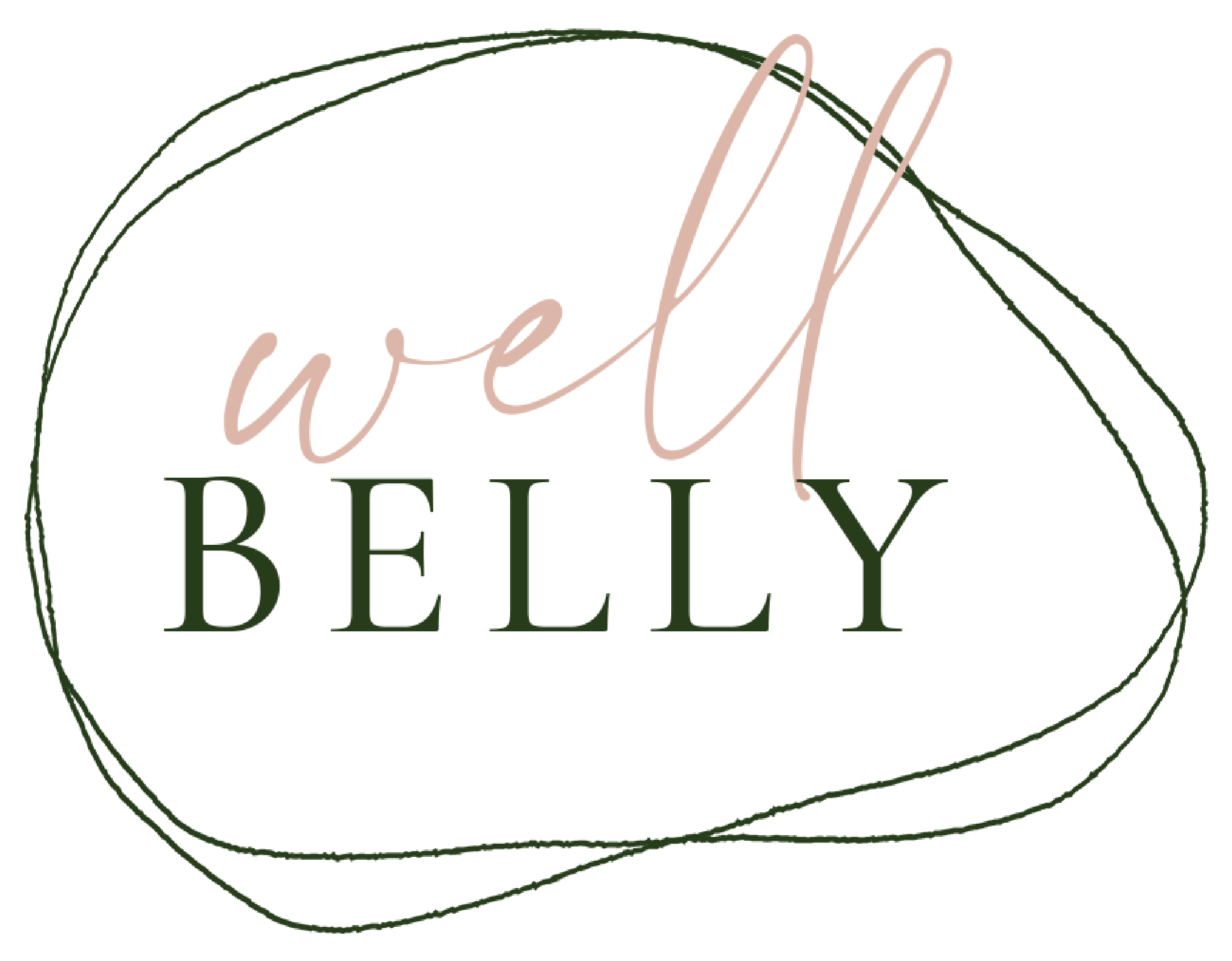The link between Gut Health, Anxiety and Depression
The Gut-Brain connection is becoming more widely discussed and studied, even though we have been talking about it for a while! The gut-brain axis (GBA) consists of bidirectional communication between the central and the enteric nervous system, linking emotional and cognitive centres of the brain with peripheral intestinal functions.
The Vagus nerve goes from the brain and innovates the gut. The gut sends more signals to the brain, then the brain does to the gut. When there is inflammation in the gut, or toxicity this can affect the functioning of the brain. When there is an imbalance of gut bacteria, infections or inflammation the gut can send messages to the brain which in turn can cause things like food cravings, binge eating, and other unhealthy habits around foods. It can also trigger or exacerbate existing mental illnesses through this widespread inflammation.
An obvious example of the brain communicating with the gut would be when we are stressed, it can easily affect our digestion, cause a loss of appetite, feelings of nausea etc. What is going in the brain and nervous system can affect how the gut is functioning as well. Resolving gut issues can then impact on lot's of different things, such as mental health issues, learning difficulties, brain fog etc.
Mood + The Gut
Inappropriate communication between the gut and the brain can also lead to mood disorders. Which leads us on to a large portion of this topic - mood. So many factors within the body are responsible for mood; our hormones, our neural connections and of course the state of our gut (which is linked by various axis’ to all of these bodily functions.) Alongside working on our gut health, restoring appropriate bacterial balance, resolving any infections and improving digestion there are various things you can implement into your diet and lifestyle; herbs and herbal supplementation can help your body and mind regain a state of homeostasis.
Herbs our naturopath Bec recommends:
Skullcap - Positively impacts mood and reduces anxiety by stimulating the neurotransmitter GABA.
Vervain - A relaxing and uplifting herb that can stimulate the release of the neurotransmitters dopamine and serotonin, enhancing mood and well being.
Lime blossom - Lime flowers are a well known anti-depressant, sedative and relaxant.
Ginseng - Ginseng effectively suppresses stress, which can be a major cause of depression.
St. Johns Wort - Contains many compounds that act on messengers in the brain that regulate mood.
Lemon Balm - Used to reduce stress and anxiety, promote sleep, improve appetite, and ease pain and discomfort from indigestion (which can have a direct link to your mood!)
Poor Memory + Brain Fog
As mentioned, poor memory and brain fog can be a result of internal dysbiosis, toxicity, underlying infections, poor nutrition and an inadequate uptake of important nutrients. An overlooked, deficiency that can be contributing to these symptoms is an Iodine deficiency. It is something that many women are very deficient in. They call it Mummy brain, but did you know that iodine needs are even higher during pregnancy and breastfeeding?
So why are we so deficient?
- lack of exposure to iodine in our food sources
- Exposure to toxic halides that push iodine out of our system - chlorine, fluoride and bromine
What are some other possible symptoms?
- brain fog, memory issues, issues with word finding (ie. forgetting really simple words that you should know)
- Hair loss (finding lots of hair in the shower drain and all over your house)
- Prone to cold hands and feet
- Thyroid issues
- Fatigue
- Constipation
What can you do about it?
- Chat to a practitioner
- There is a great test called the 24 hour iodine loading test- this is the most accurate
- Look at iodine supplementation if that is appropriate for you (seek advice from a professional who understands iodine)
3 Mental Health Tips
Get the right support team around you. It takes a multi-dimensional approach to tackle mental health concerns, so making sure you have a team of good practitioners to support you is key. Ideally you would be working with a counselor, psychologist or therapist and a naturopath/nutritionist. This way you really are covering all your bases.
Making sure you really are covering all these bases. It is important that you are targeting all aspects of your life and lifestyle. Mental health is always a combination of things, and rarely one thing alone will solve your issues. Looking into your gut health and biochemistry is a crucial part of this!
Do things that you like and take care of yourself! Engaging in your favourite activities, moving your body, resting, eating well, spending time in nature and reducing stress where possible can be game-changing!
If you or someone you know is struggling with their mental health, know that there are plenty of people out there to help you, it’s just about finding the right balance!
If you want some help working on your health, book a free 20 minute consultation with one of our expert practitioners here
Resources-
https://www.beyondblue.org.au/
https://www.lifeline.org.au/

